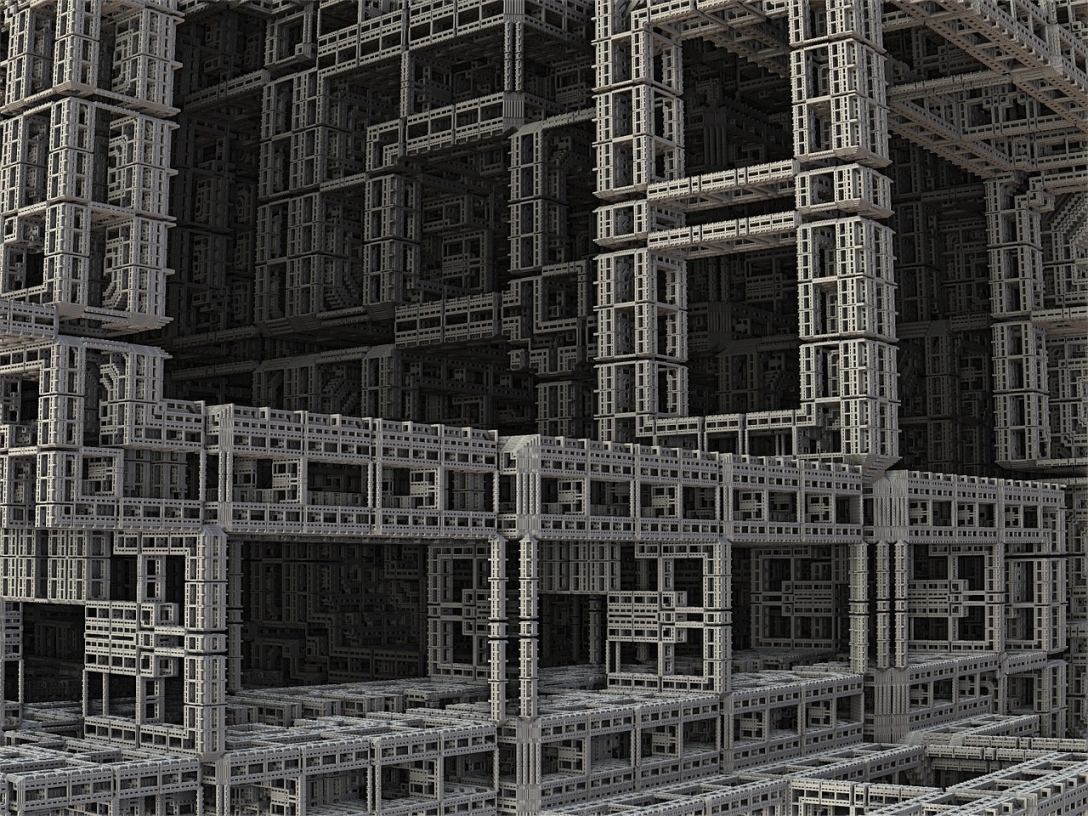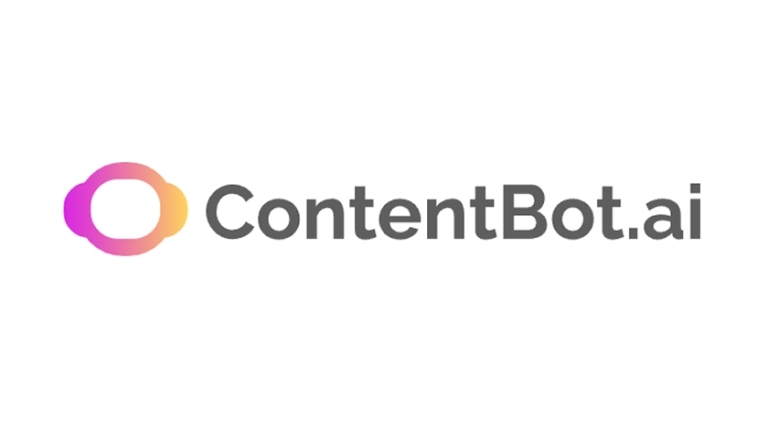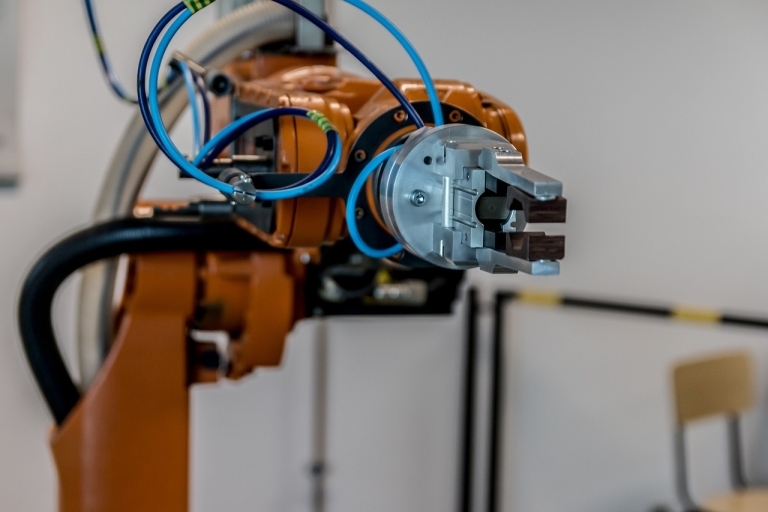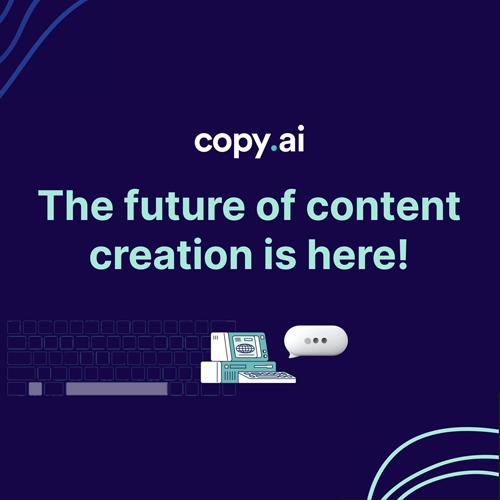Overview of AI in Construction
Artificial Intelligence (AI) has emerged as a transformative force across various industries, and the construction sector is no exception. With its ability to process large volumes of data, learn from patterns, and make informed decisions, AI is revolutionizing the way construction projects are planned, executed, and managed. From project planning and design to safety management and equipment optimization, AI is unlocking new possibilities and insights for the construction industry.
AI in construction encompasses a range of applications that leverage advanced technologies like machine learning, natural language processing, and computer vision. These applications enable construction companies to streamline processes, increase efficiency, mitigate risks, and improve overall project outcomes. By harnessing the power of AI, construction professionals can make data-driven decisions, enhance productivity, and deliver projects with higher quality and precision.
In this article, we will delve into the various applications of AI in construction and explore the benefits, challenges, and future outlook of this technology in the industry. We will also discuss emerging trends, potential industry transformations, and opportunities for collaboration and innovation.
So, fasten your hard hats and get ready to embark on a journey into the world of AI in construction. Let's explore how this powerful technology is reshaping the future of the built environment and paving the way for smarter, more efficient construction practices. But before we dive into the specifics, let's take a moment to understand the broader landscape of AI in construction.
AI Applications in Construction
In the rapidly evolving world of construction, artificial intelligence (AI) is revolutionizing the way projects are planned, executed, and managed. By harnessing the power of AI, construction companies are gaining unprecedented insights and leveraging cutting-edge technologies to enhance every aspect of their operations.
Project Planning and Design
AI is playing a pivotal role in project planning and design, empowering construction professionals to streamline their processes and make informed decisions. With AI-powered algorithms and predictive analytics, companies can analyze vast amounts of data, including historical project data, weather patterns, and site conditions, to optimize project timelines, resource allocation, and cost estimations. This enables construction teams to identify potential risks and challenges early on, leading to more efficient planning and smoother project execution.
Safety and Risk Management
Ensuring the safety of construction workers and minimizing risks on job sites is a top priority for any construction company. AI is enabling significant advancements in safety and risk management by offering real-time monitoring and analysis of construction sites. Through the use of sensors, drones, and computer vision, AI can detect potential hazards, such as falls or equipment malfunctions, and alert workers to take immediate action. Additionally, AI can analyze historical safety data to identify patterns and trends, allowing companies to proactively implement safety measures and prevent accidents before they occur.
Quality Control and Inspections
Maintaining quality standards and conducting thorough inspections are essential in the construction industry. AI is transforming quality control and inspections by automating and enhancing these processes. With AI-powered image recognition and machine learning algorithms, construction companies can conduct detailed inspections of materials, structures, and finishes. This technology can quickly identify defects, deviations from specifications, or potential issues, ensuring that projects meet the highest quality standards. By automating inspections, companies can save time and resources, while also improving accuracy and consistency.
Equipment and Resource Optimization
Optimizing equipment and resources is crucial for maximizing efficiency and minimizing costs in construction projects. AI is playing a key role in equipment and resource optimization, enabling companies to make data-driven decisions to allocate resources effectively. By analyzing real-time data from connected sensors and equipment, AI algorithms can predict equipment failures, optimize maintenance schedules, and improve equipment utilization. Additionally, AI can optimize the allocation of resources, such as materials and labor, by considering factors like project timelines, availability, and skill requirements. This results in improved productivity, reduced downtime, and overall cost savings.
Predictive Maintenance
Unplanned equipment failures can significantly impact project timelines and budgets. AI-driven predictive maintenance is transforming the way construction companies manage their equipment by providing early warnings and preventing unexpected breakdowns. By collecting and analyzing data from sensors and equipment, AI algorithms can identify patterns and anomalies that indicate potential failures. This allows companies to schedule maintenance activities proactively, replace parts before they fail, and optimize equipment performance. Predictive maintenance not only reduces downtime and costs but also extends the lifespan of equipment, improving overall project efficiency.
AI is reshaping the construction industry, empowering companies to overcome challenges, drive innovation, and improve their overall performance. By utilizing AI applications in project planning and design, safety and risk management, quality control and inspections, equipment and resource optimization, and predictive maintenance, construction companies can unlock new possibilities and achieve unprecedented levels of efficiency and productivity.
Benefits of AI in Construction
Artificial Intelligence (AI) has emerged as a game-changer in the construction industry, offering a multitude of benefits that revolutionize the way projects are planned, executed, and managed. By harnessing the power of advanced algorithms and machine learning, AI brings a new level of efficiency, safety, and decision-making capabilities to construction sites worldwide.
Increased Efficiency and Productivity
One of the key advantages of AI in construction is the significant boost it provides to efficiency and productivity. By automating repetitive tasks and streamlining processes, AI technologies enable construction teams to accomplish more in less time. For instance, autonomous drones equipped with AI algorithms can survey large construction sites, capturing detailed aerial imagery and generating 3D models with precision and speed. This not only saves hours of manual labor but also improves accuracy and reduces the risk of errors.
Similarly, AI-powered construction management software can optimize project schedules, allocate resources effectively, and detect potential bottlenecks in real time. These intelligent systems analyze historical data, current project status, and external factors to provide actionable insights that optimize project timelines and resource allocation. By eliminating guesswork and manual calculations, AI empowers construction teams to deliver projects on time and within budget.
Improved Safety and Risk Mitigation
Safety is paramount in the construction industry, and AI plays a crucial role in enhancing safety measures and mitigating risks. AI-powered safety monitoring systems utilize computer vision and machine learning algorithms to analyze real-time video feeds from construction sites. These systems can identify potential hazards such as workers not wearing safety gear, unsafe practices, or unauthorized personnel in restricted areas. By promptly alerting supervisors and workers to potential safety breaches, AI technologies help prevent accidents and ensure a safer work environment.
Furthermore, AI enables predictive analytics to identify and mitigate potential risks before they escalate. By analyzing historical project data and external factors such as weather conditions, AI algorithms can identify patterns and predict potential risks, such as delays or cost overruns. This allows construction teams to proactively address these issues, minimizing their impact on project timelines and budgets.
Enhanced Decision-Making
AI empowers construction professionals with data-driven insights that enhance decision-making at every stage of a project. By analyzing vast amounts of data from various sources, including historical project data, weather patterns, and supplier performance, AI algorithms can provide accurate forecasts and recommendations. This enables project managers to make informed decisions regarding project timelines, resource allocation, and risk management.
Moreover, AI-powered predictive analytics can assess the impact of different scenarios and variables, enabling construction teams to anticipate potential challenges and devise proactive strategies. For example, by simulating the effects of different weather conditions on project timelines, AI algorithms can help project managers make adjustments and allocate resources accordingly, ensuring projects stay on track.
Cost Reduction
AI technologies significantly contribute to cost reduction in the construction industry. By automating manual tasks and optimizing resource allocation, AI enables construction teams to minimize waste, reduce labor costs, and maximize efficiency. For instance, AI-powered robotics and automation can handle repetitive tasks such as bricklaying or concrete pouring, reducing the need for manual labor and improving overall productivity.
Furthermore, AI-driven predictive maintenance helps prevent equipment breakdowns and costly downtime. By analyzing sensor data and performance trends, AI algorithms can predict potential equipment failures and alert maintenance crews in advance. This proactive approach not only prevents costly repairs but also ensures that construction projects proceed uninterrupted.
Better Project Management
AI revolutionizes project management in the construction industry by providing real-time insights and streamlined workflows. AI-powered project management platforms integrate data from various sources, such as design software, equipment sensors, and construction schedules, into a unified dashboard. This allows project managers to monitor project progress, resource utilization, and potential risks in real-time, enabling them to make informed decisions and take immediate action when needed.
Additionally, AI-driven natural language processing and voice recognition technologies facilitate seamless communication and collaboration among team members. Construction professionals can use voice commands or chatbots to access project information, request updates, or report issues, ensuring that everyone stays informed and connected at all times.
In conclusion, AI offers a multitude of benefits in the construction industry, ranging from increased efficiency and productivity to improved safety and risk mitigation. By harnessing the power of AI, construction professionals can make informed decisions, optimize resource allocation, and deliver projects on time and within budget. As AI continues to advance and new technologies emerge, the future of construction looks promising, with endless possibilities for collaboration, innovation, and transformative change.
Challenges and Limitations of AI in Construction
While the integration of Artificial Intelligence (AI) in the construction industry brings numerous benefits, it also presents several challenges and limitations that need to be carefully considered. These challenges encompass various aspects, ranging from data availability and quality to technological adoption and integration, workforce education and skills, as well as ethical and privacy concerns.
Data Availability and Quality
One of the key challenges in leveraging AI in construction is the availability and quality of data. Construction projects generate vast amounts of data, including building designs, construction schedules, equipment specifications, and sensor readings. However, this data is often fragmented and stored in different formats, making it difficult to access and analyze effectively. Additionally, ensuring the accuracy and reliability of the data is crucial to obtain meaningful insights from AI algorithms. Without robust data management practices, the potential of AI in construction may be hindered.
Technological Adoption and Integration
Another challenge lies in the adoption and integration of AI technologies into existing construction processes. While AI offers the promise of increased efficiency and productivity, it requires significant changes in workflows and practices. Integrating AI tools and systems seamlessly with existing software and hardware infrastructure can be complex and time-consuming. Moreover, the construction industry is known for its fragmentation, with different stakeholders using different software and systems. Achieving interoperability and standardization across the industry is a challenge that needs to be addressed for the widespread adoption of AI in construction.
Workforce Education and Skills
The successful implementation of AI in construction also relies on the education and skills of the workforce. As AI technologies become more prevalent, construction professionals need to acquire new knowledge and skills to effectively operate and collaborate with AI systems. This includes understanding AI algorithms, data analytics, and the potential applications of AI in construction. Investing in workforce training and education programs is crucial to equip construction professionals with the necessary skills to leverage AI technologies and maximize their benefits.
Ethical and Privacy Concerns
The use of AI in construction raises ethical and privacy concerns that need to be carefully addressed. AI systems collect and analyze vast amounts of data, including personal information and sensitive project details. Ensuring the privacy and security of this data is of paramount importance. Additionally, the ethical implications of AI decision-making and automation in construction need to be considered. Transparent and accountable AI systems that adhere to ethical standards are necessary to gain stakeholders' trust and ensure the responsible use of AI in construction.
In conclusion, while AI holds great potential for transforming the construction industry, it is essential to address the challenges and limitations it presents. Overcoming these challenges requires concerted efforts from industry stakeholders, including data management practices, technological integration, workforce education, and ethical considerations. By addressing these challenges, the construction industry can fully harness the power of AI to drive innovation, improve productivity, and create safer and more sustainable built environments.
To learn more about the role of AI in various industries, check out AI Trend Watchers for valuable insights and trends in fields such as AI in healthcare, AI in gaming, and AI in education.
Future Outlook of AI in Construction
As the construction industry continues to evolve and embrace technological advancements, the future outlook for AI in construction appears promising. Emerging trends and technologies are set to revolutionize the way projects are planned, executed, and managed. These advancements have the potential to bring about significant industry transformations, creating new opportunities for collaboration and innovation.
Emerging Trends and Technologies
The field of AI is constantly evolving, and new trends and technologies are emerging in the construction industry. One such trend is the integration of machine learning algorithms into construction processes. These algorithms have the ability to analyze vast amounts of data and use it to predict project outcomes, optimize resource allocation, and identify potential risks.
Another emerging trend is the use of computer vision technology in construction. By leveraging computer vision, construction companies can capture and analyze visual data from job sites, enabling real-time monitoring and quality control. This technology can also be utilized for drones that can perform aerial inspections, collect data, and assist in surveying tasks.
Potential Industry Transformations
The integration of AI in construction has the potential to bring about transformative changes across the industry. With the help of AI-powered tools and technologies, construction companies can streamline their operations, increase efficiency, and reduce costs. For example, AI can automate repetitive tasks such as equipment and resource optimization, enabling companies to make data-driven decisions and optimize their use of machinery and materials.
Moreover, AI can revolutionize the way construction projects are managed and executed. By leveraging AI algorithms for project planning and design, companies can optimize schedules, identify potential bottlenecks, and simulate different scenarios to make more informed decisions. This can lead to improved project outcomes and reduced delays.
Opportunities for Collaboration and Innovation
The future of AI in construction also presents exciting opportunities for collaboration and innovation. As AI technologies continue to advance, construction companies can collaborate with technology providers to develop customized solutions that address their specific needs. This collaboration can lead to the creation of innovative tools and systems that enhance productivity, improve safety, and drive industry growth.
Furthermore, the integration of AI in construction opens up possibilities for collaboration with other industries. For instance, AI can be combined with data analysis and logistics technologies to optimize supply chain management in construction projects. Collaboration with the energy sector can lead to the development of sustainable and energy-efficient construction practices. These cross-industry collaborations have the potential to drive innovation and shape the future of construction.
In conclusion, the future outlook for AI in construction is promising. With emerging trends and technologies, the industry is poised for significant transformations. These advancements offer opportunities for increased efficiency, improved safety, enhanced decision-making, cost reduction, and better project management. By embracing AI and fostering collaboration and innovation, the construction industry can unlock its full potential and pave the way for a more advanced and sustainable future.
For more insights on AI trends in various industries, visit AI Trend Watchers.
Conclusion
In conclusion, the integration of AI in the construction industry holds immense potential for driving innovation and efficiency. As we have explored throughout this article, AI applications in construction span a wide range of areas, including project planning and design, safety and risk management, quality control and inspections, equipment and resource optimization, and predictive maintenance.
The benefits of AI in construction are multifaceted. By leveraging AI technology, construction companies can experience increased efficiency and productivity, improved safety and risk mitigation, enhanced decision-making capabilities, cost reduction, and better project management. These advantages not only streamline processes and reduce operational costs but also contribute to the overall success and profitability of construction projects.
However, it is important to acknowledge the challenges and limitations associated with AI implementation in the construction industry. These challenges include data availability and quality, technological adoption and integration, workforce education and skills, and ethical and privacy concerns. Overcoming these obstacles will require collaborative efforts from industry stakeholders, policymakers, and technology providers.
Looking ahead, the future outlook of AI in construction is promising. Emerging trends and technologies, such as machine learning, computer vision, and automation, are poised to revolutionize the industry. These advancements have the potential to transform construction practices, enhance project outcomes, and create new opportunities for collaboration and innovation.
As the construction industry continues to evolve, it is crucial for professionals to stay informed about the latest AI trends and developments. By harnessing the power of AI, construction companies can unlock new possibilities, optimize operations, and achieve sustainable growth in a rapidly changing landscape.
To delve deeper into the world of AI, check out other insightful articles on topics such as AI in healthcare, AI trends, AI in gaming, and AI in education. Stay ahead of the curve and embrace the transformative power of AI across various industries.
Remember, the future is now, and AI is paving the way for a more intelligent and efficient construction industry. Embrace the opportunities, navigate the challenges, and unlock the full potential of AI in construction.








